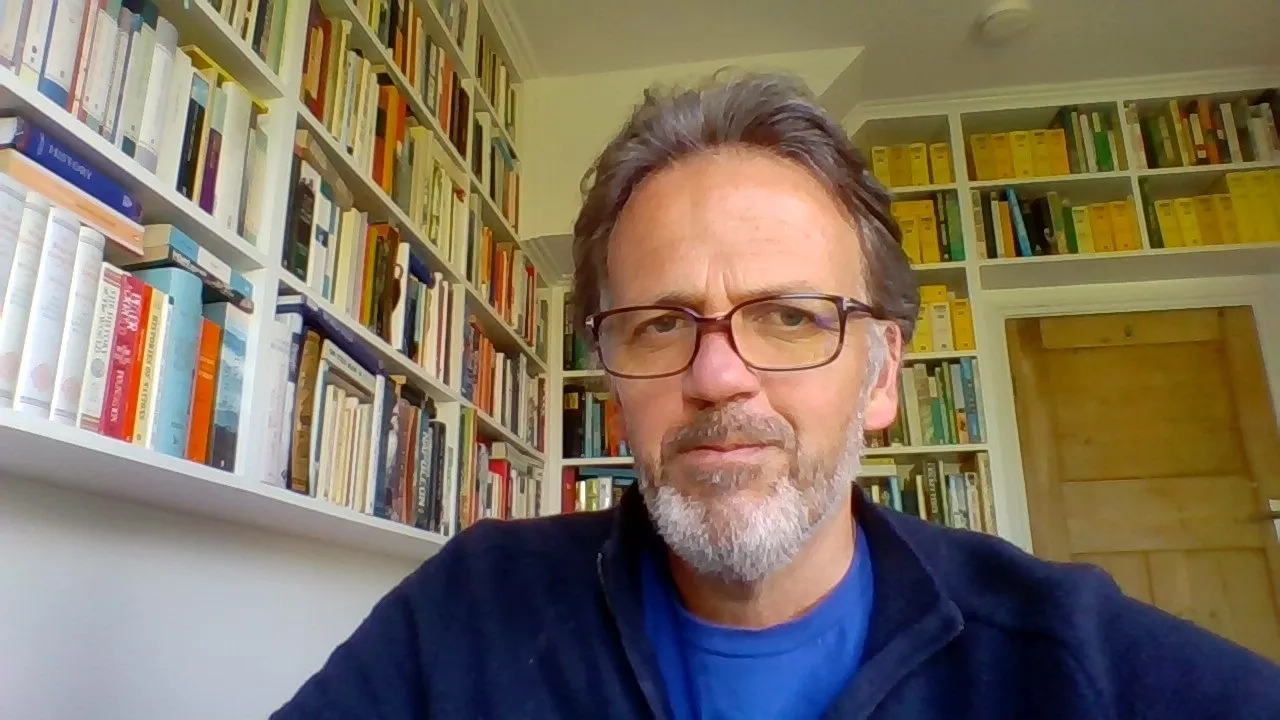
You will have noticed some serious money being spread about recently: among the most eye-catching, Teledyne has paid out $8bn for Flir, while Verra Mobility is buying Redflex for $113m. Private equity firms are also snapping up Cubic Corporation for $2.8bn.
These are big numbers and mean that, in financial terms, 2021 has started with a bang for the ITS sector. But what do companies want out of such transactions? How do they decide what to buy? And how much more M&A can we expect?
In the January / February 2021 edition of ITS International, I talk to the bosses of two other companies which have made their own recent acquisitions: Iteris and IRD. Their answers – about the nuts and bolts of the decision-making process and the philosophy behind it – are instructive.
For instance, often another established company does something that you want to do too; far easier to absorb that expertise into your set-up rather than start from scratch or bet your shirt on an untried start-up.
Potential earning power and synergy are also important, as is management culture and technology. It is a rich mix of reasons. Not that it’s easy: there are many frogs to kiss before you find your prince – or, as one of our interviewees puts it: “You’ve got to dance with a lot of people before you get engaged.”
But the dance is worth the effort. The ITS industry is fragmented – but that makes it ripe for consolidation. It is technologically diverse – but that makes it an attractive target for investors, including institutional ones with deep pockets.
Venture capital and private equity players are also in the game, perhaps, because they recognise that ITS has not yet reached its full potential in terms of IT investment and data use. It all adds up to a sector in rude health, with potential for growth which is attracting real interest.
There is a dynamism to ITS which is appealing, too, and governments worldwide are going to be looking at infrastructure spending to help drive recovery in the post-Covid world.
Consolidation can bring positives and negatives, of course, but the current M&A activity points to an industry that, in uncertain times, can have confidence about the future.










